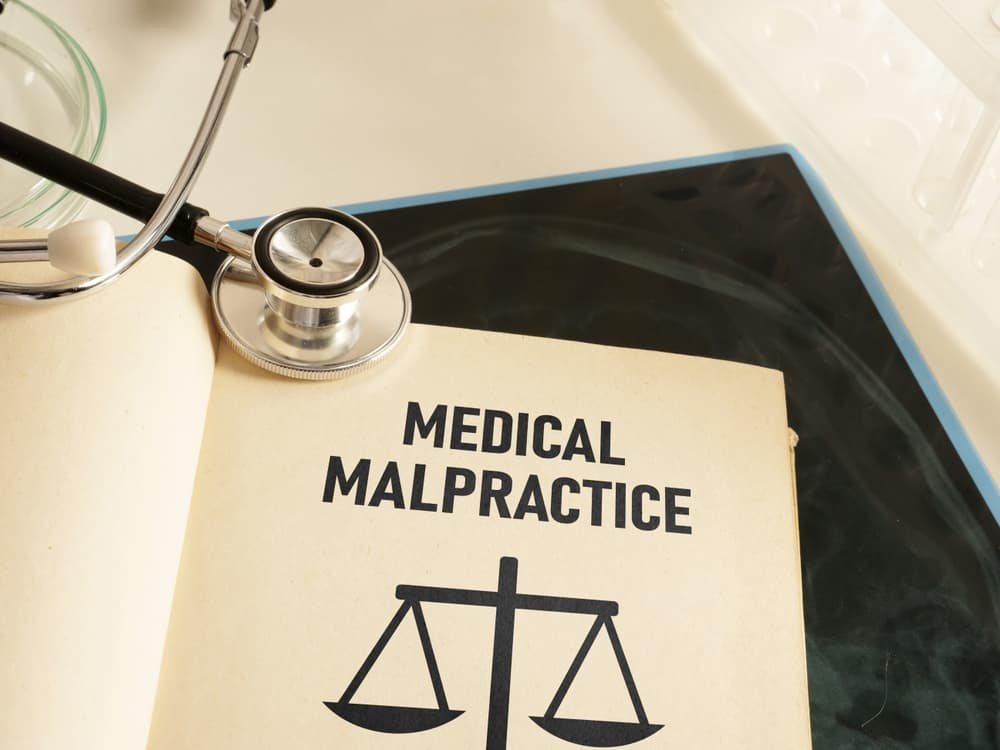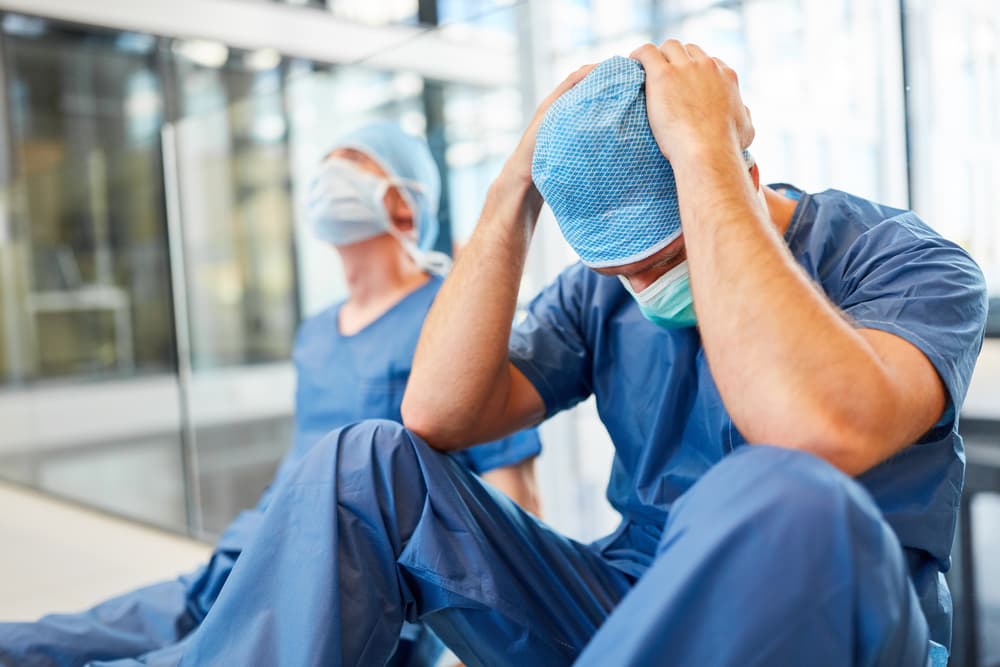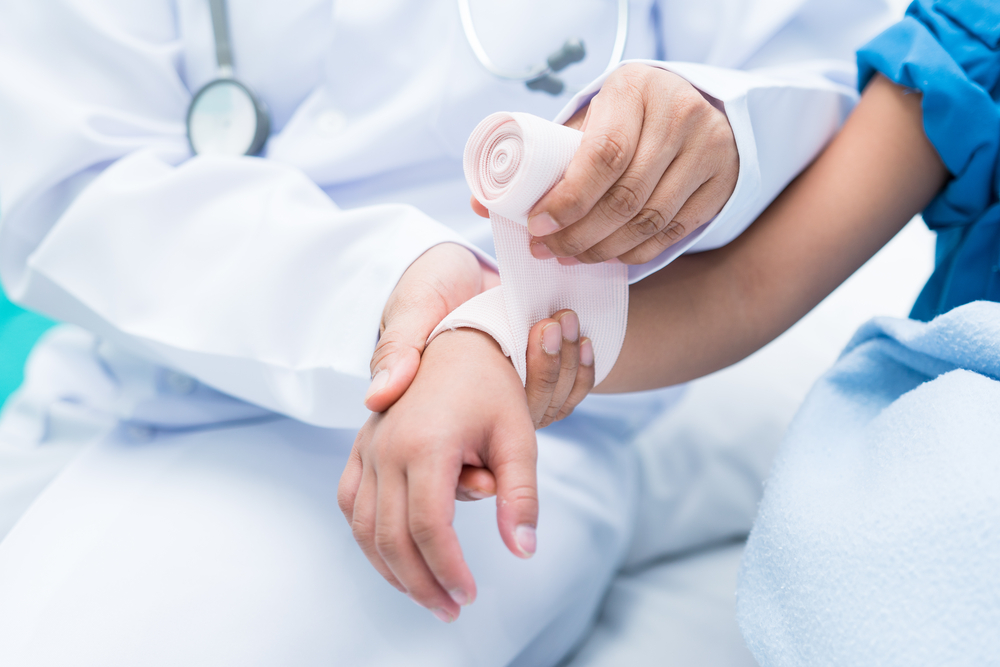Who pays for a slip and fall accident depends on whether a negligent defendant caused it. If so, the defendant must pay your medical bills and other damages.
However, settlements take time, and if the insurance company refuses a fair and reasonable settlement, you may have to take your case to court. Litigation takes even longer.
So, what do you do while waiting? You can use your health insurance to cover your medical expenses while waiting and reimburse it when you receive your settlement. Your slip and fall lawyer can also write a letter of protection that will allow you to seek but delay payments for treatment until your claim resolves. Reach out to a Myrtle Beach slip and fall lawyer.
Injuries You Might Suffer from a Slip and Fall in Myrtle Beach
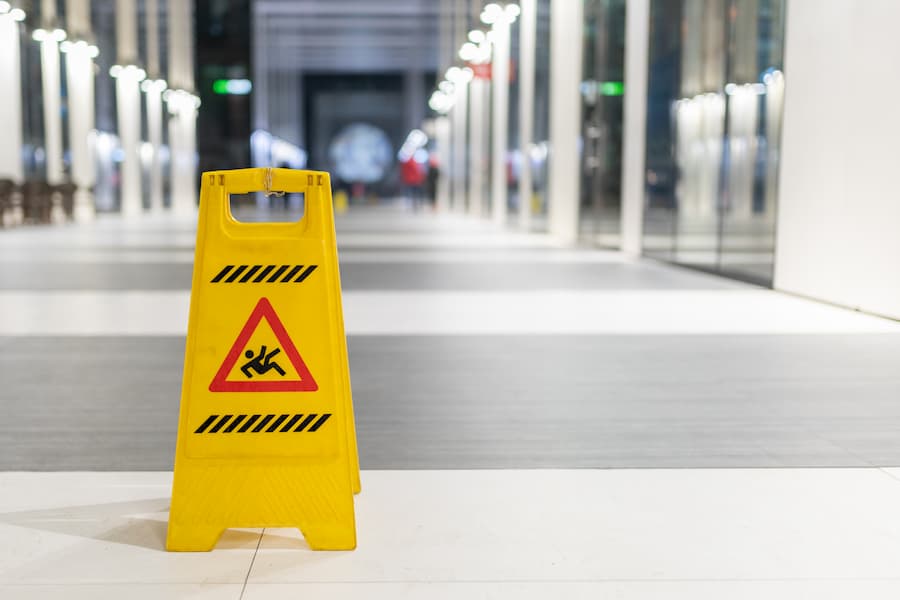
You could suffer minor or major injuries in a slip and fall accident, depending on the circumstances. The location also plays a part in determining what injuries you suffer.
For example, falling inside on a floor most likely will not cause road rash, but tripping or slipping and falling on concrete or pavement could result in major scrapes or road rash, among other injuries.
Typical slip and fall injuries include:
- Face and eye injuries
- Traumatic brain injuries
- Sprains and strains
- Bumps, bruises, cuts, scratches, and scrapes
- Road rash
- Strains and sprains
- Pulled and torn muscles and other soft tissue injuries
- Simple and compound fractures, including hip fractures
- Elbow injuries
- Head, neck, and shoulder injuries
- Back and spinal cord injuries
You could also suffer secondary injuries, such as wound infections, whether the wound is from the slip and fall accident, surgery, or infections such as MRSA that you pick up in the hospital. The defendant is responsible for these injuries, as well as extra medical care and suffering if the slip and fall injuries exacerbated existing illnesses or injuries.
Fall Statistics
According to the Centers for Disease Control (CDC), one of every five falls results in a serious injury, such as a head injury or broken bones. About three million people yearly seek emergency room treatment for fall injuries.
Of those, about 800,000 are admitted to the hospital, and 300,000 of those suffer hip fractures. Falling is the most common cause of traumatic brain injuries.
Causes of Slip and Fall Accidents in Myrtle Beach
Common reasons people slip and fall include:
- Wet floors
- Rolled, loose, or frayed carpets
- Damaged stairs
- Poor lighting in stairwells, hallways, and parking lots
- Uneven floors
- Uneven ground
- Damaged railings
- Snow and ice, including icy sidewalks and parking lots
- Cracked, buckled, and broken sidewalks
- Construction site hazards
- Falling debris and objects
- Objects left in a walkway
- Cords stretched across a floor or the ground
Slip and fall accidents fall under premises liability. Property owners must keep their property free of hazards—or at least warn people of hazards. If someone suffers injuries due to a property owner's negligence, the property owner is usually responsible for your hospital bills and other damages.
Determining When a Property Owner Is Negligent
The plaintiff must show that the defendant met all of the elements of negligence for the case to succeed.
Duty of Care
The property owner in Myrtle Beach has a duty of care to keep the property safe. Thus, you must be able to show the property owner knew of the dangerous condition that caused you to slip or trip and fall. Often, a property owner knows of the issue but does not repair it.
In many cases, someone most likely notified a property owner of the danger. For example, tenants usually notify the property owner or a management company of the dangerous condition.
Even if someone does not notify an owner, that does not absolve them of their responsibility to keep their property safe. They should frequently check the property to ensure no maintenance issues need attention.
Breach of Duty of Care
If a property owner does not maintain or repair the property, especially after being notified of the dangerous condition, they breach their duty of care and could be held negligent.
Invitation
Some states require you to enter the property lawfully to bring a slip and fall negligence claim against the owner. In these states, you do not have the right to take legal action if you trespass.
Open and Obvious Dangerous Conditions
If the dangerous condition was clearly visible and you ignored it, you might be unable to recover damages. The danger cannot be open and obvious to meet the elements of negligence.
Causation
You must show that the dangerous condition caused your injuries. For example, the store leaves a cord in an aisle and does not warn you of the tripping hazard. Because you were browsing items on the shelf, you did not see the cord and tripped over it, falling and breaking your hip. If the employee had not left the cord on the floor, you would never have fallen and broken your hip.
You Suffered Damages
Your injuries must cause injuries that cost you financially and/or emotionally. For example, you will have medical expenses to repair a hip. If the hip never heals correctly, the injury causes a permanent disability. You could recover current and future medical expenses, plus pain and suffering damages.
When Someone Other Than a Property Owner Shares Liability for Your Injuries
In some cases, you can hold someone other than the property owner liable for your injuries, including:
- Tenants: If a tenant controls the property, the tenant may have liability for your injuries instead of the property owner. For example, if you visit a friend who rents and trip over a cord in the friend's living room, the tenant bears responsibility for your injuries. However, in a common area where the landlord has maintenance responsibility, the landlord/property owner bears responsibility for your injuries after a slip and fall on the extension cord.
- Government entities: In some states, the government bears the responsibility for your injuries if you sustain injuries on public (government-owned) property.
- Other parties: In some cases, a third party could bear responsibility for your injuries. For example, if an apartment complex owner hires a plumber to fix a leaky pipe in the pool shower, which is a common area, and the plumber leaves a pipe wrench on the floor, causing you to trip, the plumber bears responsibility for your injuries.
It is often difficult to determine who bears responsibility for your injuries. A slip and fall accident attorney can determine who you can hold responsible for your damages.
Paying Medical Expenses in a Slip and Fall Case in Myrtle Beach
If you suffer injuries due to a slip and fall accident, a slip and fall lawyer can help you settle with the insurance company.
Types of insurance policies include:
- Renters insurance
- Homeowners insurance
- Business property insurance
- Business owners' protection insurance
- A standalone policy
While you file a claim with the defendant's insurance, you still have current medical and other expenses while waiting for your settlement. You may also have to settle or litigate directly with the responsible party if they do not have insurance. Additionally, if the insurance company refuses a fair and reasonable settlement, you may have to wait longer because of litigation.
However, until you receive a settlement or a trial award, you can cover your medical expenses by using your health insurance or asking a doctor to hold off on billing until you receive your settlement. This may require a letter from your attorney.
Recovering Damages After a Slip and Fall Accident
The sooner you retain a slip and fall lawyer, the sooner you will recover damages for your injury. Settlements can take weeks or even a few months, while litigation could last over a year.
Some slip and fall accidents could cause catastrophic injuries such as back injuries, spinal cord injuries, and traumatic brain injuries. These types of injuries often require months or years of medical care.
You can recover compensatory damages in economic and non-economic damages after a slip and fall accident. Most people can recover economic damages, which have a monetary value. However, to recover non-economic damages, you will most likely have to show your injuries caused long-term or permanent disabilities.
While each insurance company has its own definition of long-term or permanent disabilities, the Social Security Administration defines them as lasting longer than 12 months or resulting in your death.
Economic Damages
Sometimes referred to as special damages, economic damages have a monetary value. Most people recover economic damages, including:
Medical Expenses
- Doctors' appointments, surgeries, and follow-up appointments.
- Prescriptions, prescribed over-the-counter medications, and ambulatory aids.
- Medical equipment, such as oxygen tanks.
- Physical therapy appointments.
- Psychological therapy appointments.
- Cognitive therapy appointments.
- Occupational therapy appointments.
- Accessibility accessories for your car, including but not limited to hand controls and wheelchair lifts and ramps.
- Accessibility accessories for your home, including but not limited to handrails, grab bars, wheelchair ramps, and widened doorways.
Income
Many slip and fall injuries could keep you from work for several weeks. If your injuries cause long-term or permanent disabilities, you could never work again.
You can recover lost income when you cannot work because of your injuries. If your doctor believes you will never fully recover from slip and fall accident injuries, you could recover compensation for losing your future earning capacity.
Furthermore, if your disabilities prevent you from returning to work full-time or force you to take a position that pays less than the job you had before the accident, you could still recover the loss of partial future earning capacity. Finally, you could recover compensation to compensate for lost earning capacity through the time you usually retire.
Death-Related Expenses
If you lost a loved one in a slip and fall accident, you could recover:
- Funeral expenses.
- Burial expenses.
- Cremation expenses.
- Certain probate court fees.
- Probate attorney's fees and costs.
Non-Economic Damages
Sometimes referred to as general damages, non-economic damages do not have a monetary value.
In most cases, only those who lost a loved one or suffered long-term or permanent disabilities in a slip and fall accident can recover non-economic damages, including:
- Pain and suffering, including emotional distress.
- Loss of quality of life if you have to make life-long changes, such as taking prescription drugs or using ambulatory aids.
- Loss of consortium if you can no longer have a physical relationship with your spouse.
- Loss of companionship if you can no longer enjoy time with your family or attend family activities and events.
- Loss of use of a body part, such as an arm or a foot.
- Loss of use of a bodily function, such as your eyesight or bladder function.
- Amputation of a digit or limb.
- Inconvenience if you have to hire someone to do the chores you usually do, including but not limited to lawn maintenance, grocery shopping, home repair and maintenance, and house cleaning.
- Excessive scarring and/or disfigurement
Punitive Damages
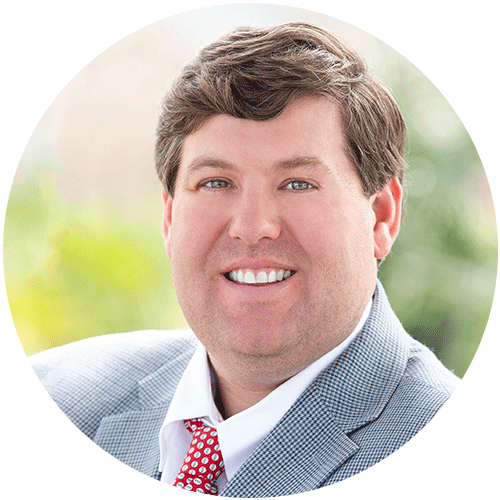
In many states, you can recover punitive damages for a defendant's actions or grossly negligent or intentional inactions. Unlike compensatory damages, which the court orders to make you whole again, it orders a defendant to pay punitive damages to punish grossly negligent or intentional behavior. Reach out to a Myrtle Beach personal injury lawyer.
Take the time to recover from your slip and fall accident injuries instead of fighting with the insurance companies. Seek a slip and fall accident lawyer to recover the compensation you deserve, not the compensation the insurance company wants to pay, or in worst case scenarios, a claim denial.
If you suffered injuries or lost a loved one because of a slip and fall accident in Myrtle Beach, contact a slip and fall lawyer for your free case evaluation as soon as possible. Get More Get Morris!
